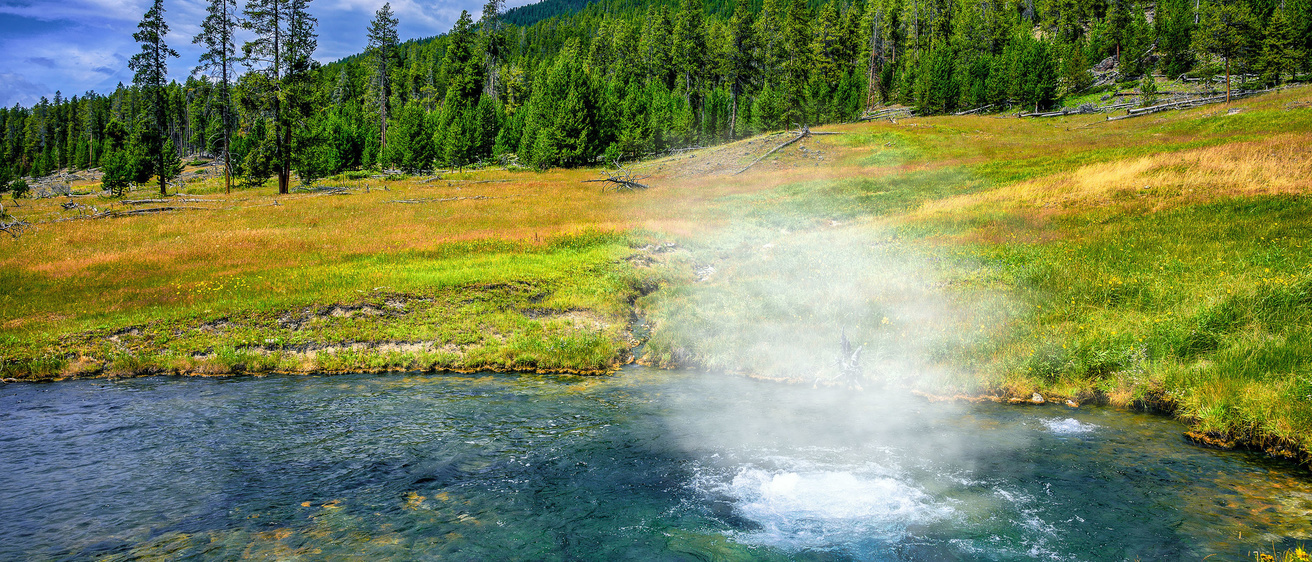Main navigation
Master of Science in Geoscience
The Master of Science in geoscience is aimed at providing students with advanced training in earth and environmental science with a goal of preparing them for additional graduate study or professional work in geoscience and related fields.
Learning Outcomes
- develop subject matter expertise and broad knowledge in the field of geoscience;
- conduct research under the direction of a faculty member and interact successfully with other members of a research team;
- effectively communicate research findings in both written and oral formats;
- conduct all aspects of research and teaching with the highest ethical standards; and
- be prepared for career options in academia, industry, government, or other relevant fields.
Want to get started?
Learn more about the program, including courses, curriculum, and requirements here.
Doctor of Philosophy in Geoscience
The Doctor of Philosophy in geoscience is designed primarily to train students to be independent researchers and/or teachers, and to bring students to the forefront of a specialized area of geoscience. Ph.D. students usually enter the program with established fields of interest and a research advisor already selected.
Learning Outcomes
- develop broad knowledge in the field of geoscience and identify important research problems through development of subject matter expertise;
- develop a research framework including testable hypotheses, and conduct original independent research that contributes new knowledge to the field of study;
- effectively communicate research findings in both written and oral formats;
- conduct all aspects of research and teaching with the highest ethical standards; and
- be prepared for career options in academia, industry, government, or other relevant fields.
Want to get started?
Learn more about the program, including courses, curriculum, and requirements here.
